Today, the U.S. Supreme Court hears arguments in the case of Schwarzenegger v. EMA/ Entertainment Software Association. They’ll decide whether a California law, which would restrict the sale of “violent” computer and video games, is constitutional.
What does this mean to you, PlayStation fans?
This case could have huge implications for the industry. No one is sure what counts as a “violent” game, so the California law would suppress game developers’ imagination and right to self-expression. It would also prohibit retailers from selling the games that might be perfectly legal, “just in case.” It could mean an environment where “God of War” is banned from retail shelves, but the sometimes violent written works detailing Greek myths are still available on bookstores shelves and taught in classrooms.
It’s a slippery slope, and the California law is similar to what Congress tried to do to comic books over fifty years ago. In a letter of support for video games, comic book legend Stan Lee explained:
“A Senate subcommittee investigated and decided the U.S. could not “afford the calculated risk involved in feeding its children, through comic books, a concentrated diet of crime, horror and violence.” Comic books were burned… Looking back, the outcry was — forgive the expression — comical. Substitute video games for comic books and you’ve got a 21st century replay of the craziness of the 1950s.”
If the Supreme Court sides against the video game industry, developers could experience a creative chilling effect, because the government could essentially tell determine what games could and could not be created. It would also open up states to pass a patchwork of legislation around the country, requiring publishers to release many different versions of each game they publish. And, these same restrictions could eventually be applied to other creative mediums like movies, books and music. The result would be a huge foot on the brake for innovation in one of our nation’s most dynamic economic sectors.
But there are common-sense reasons to oppose this law as well, most importantly this: The decision over whether to buy a video game or a book or a movie should be made by responsible parents, not the government.
Fortunately, the courts have historically aligned themselves on the side of video games. The Ninth Circuit Court of Appeals already ruled that the California law is unconstitutional, and every other state and federal court case has ruled in favor of video games as protected speech.
But what can you do while we wait for the Supreme Court’s ruling?
The most important thing you can do is join the Video Game Voters Network.
The Video Game Voters Network is a place for voting age gamers to organize and defend against threats to video games. Video games are fully protected speech under the Constitution, and receive the same First Amendment protection as books, movies, music and cable television programs. The VGVN opposes efforts to regulate the content of entertainment media, including proposals to criminalize the sale of certain games to minors, or regulate video games differently from movies, music, books, and other media.
Join the VGVN today, tell your friends to do the same, and stay current on your gaming rights.




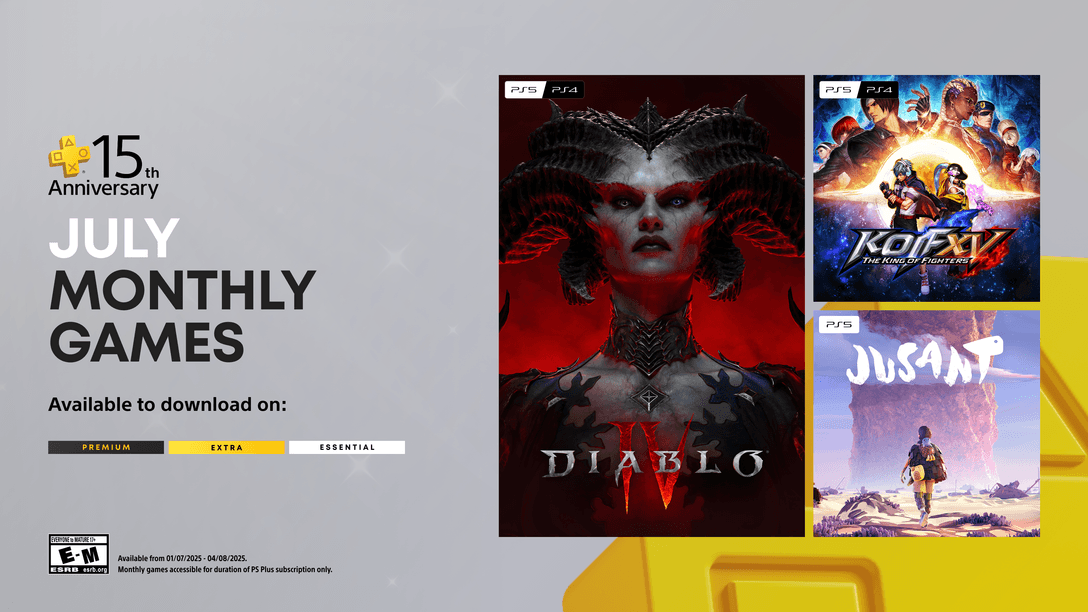
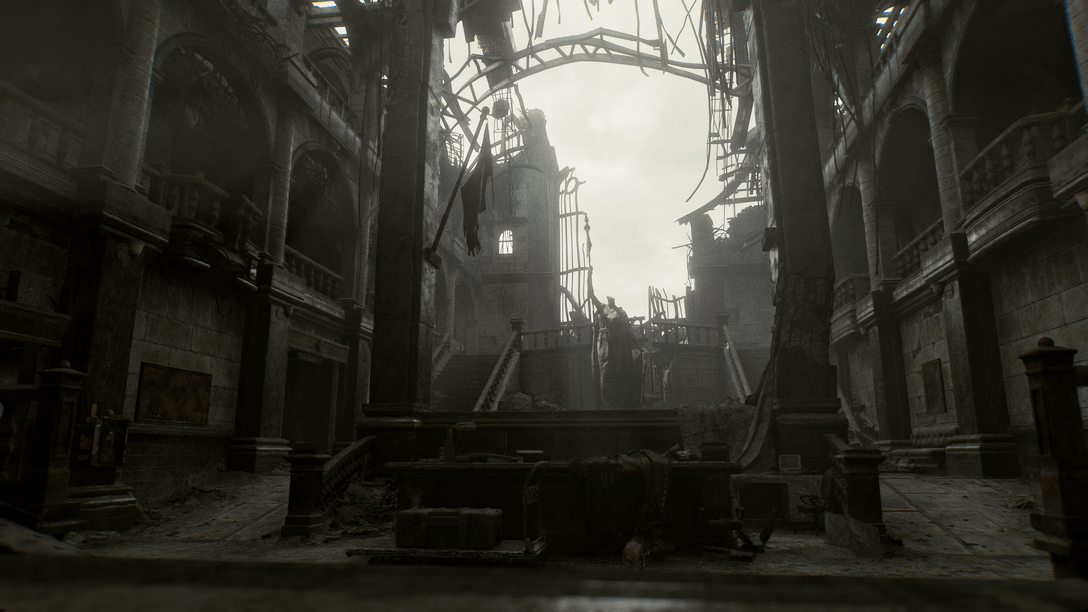

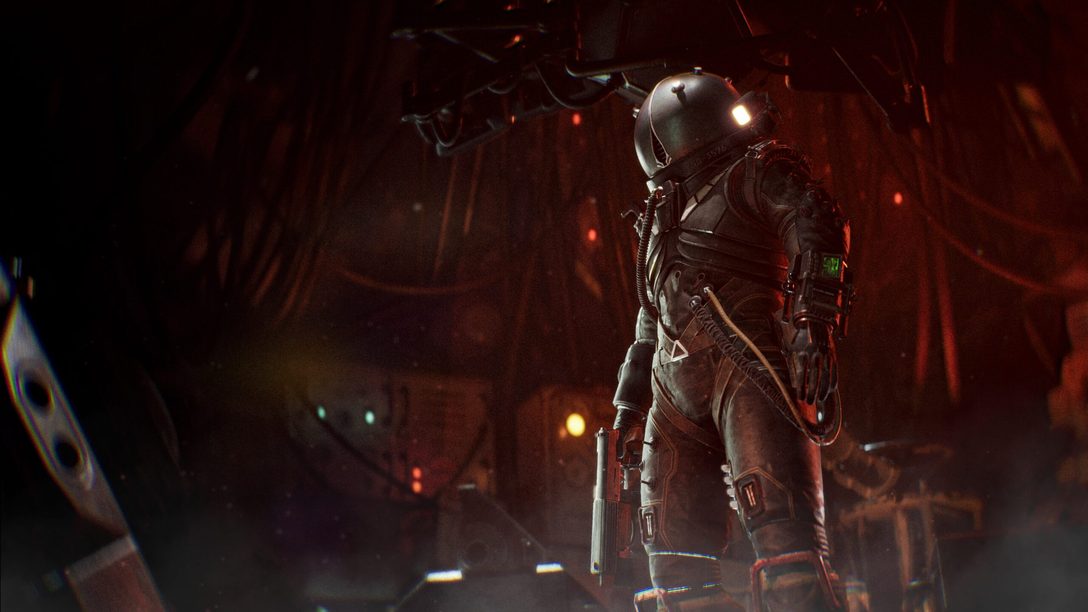
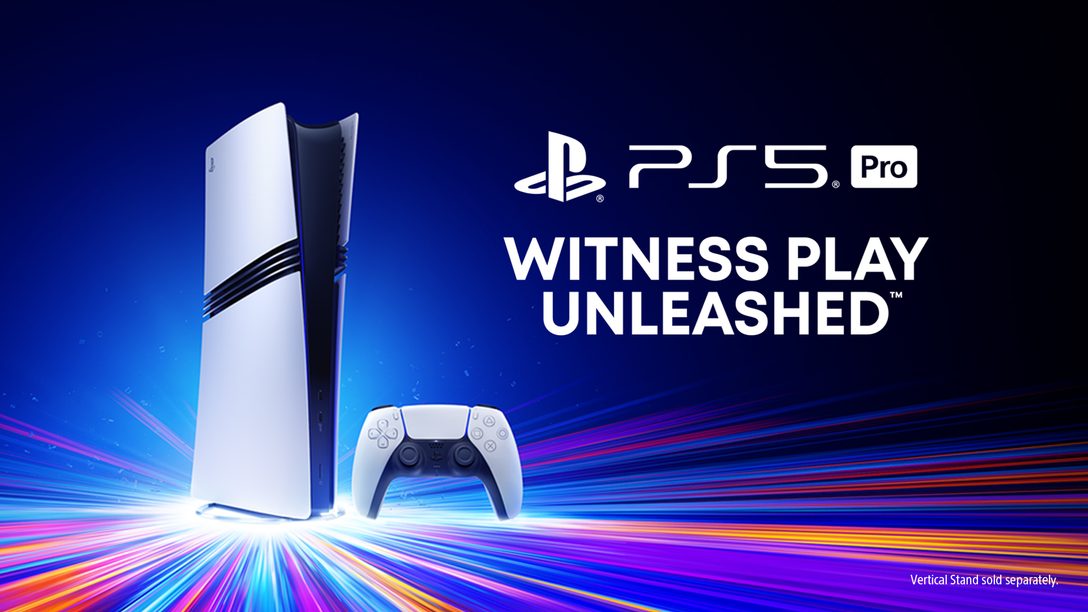
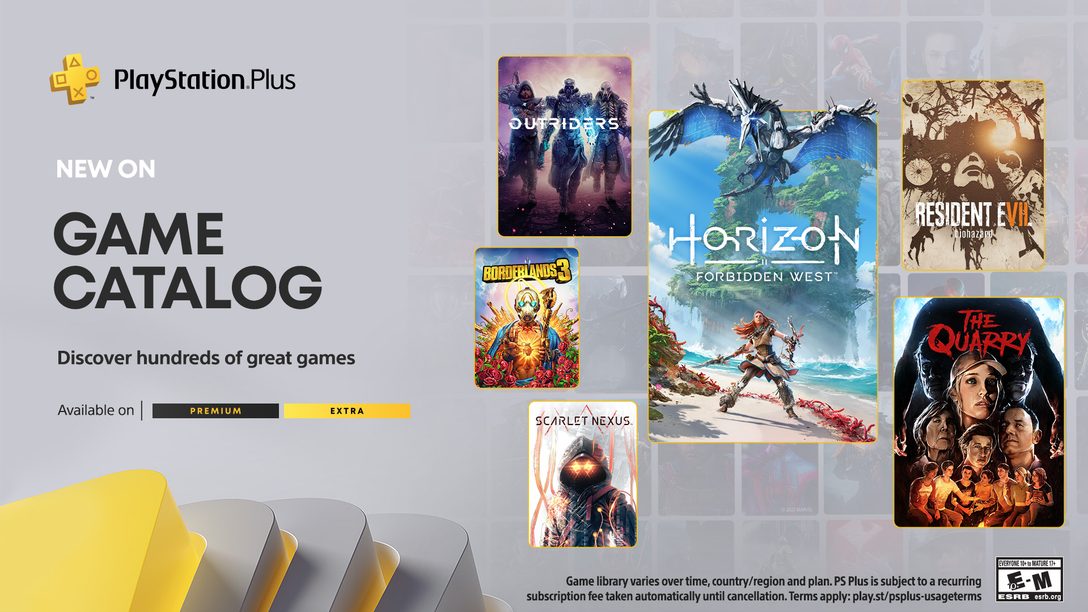


Comments are closed.
86 Comments
Loading More Comments